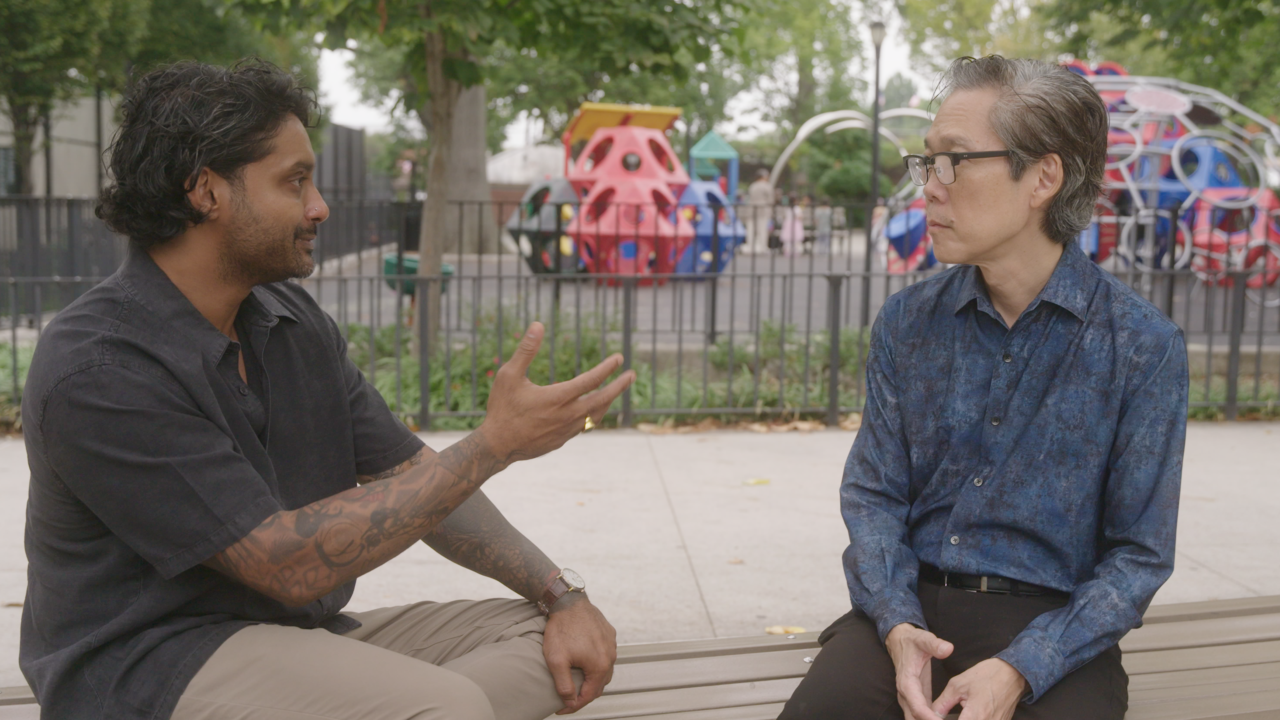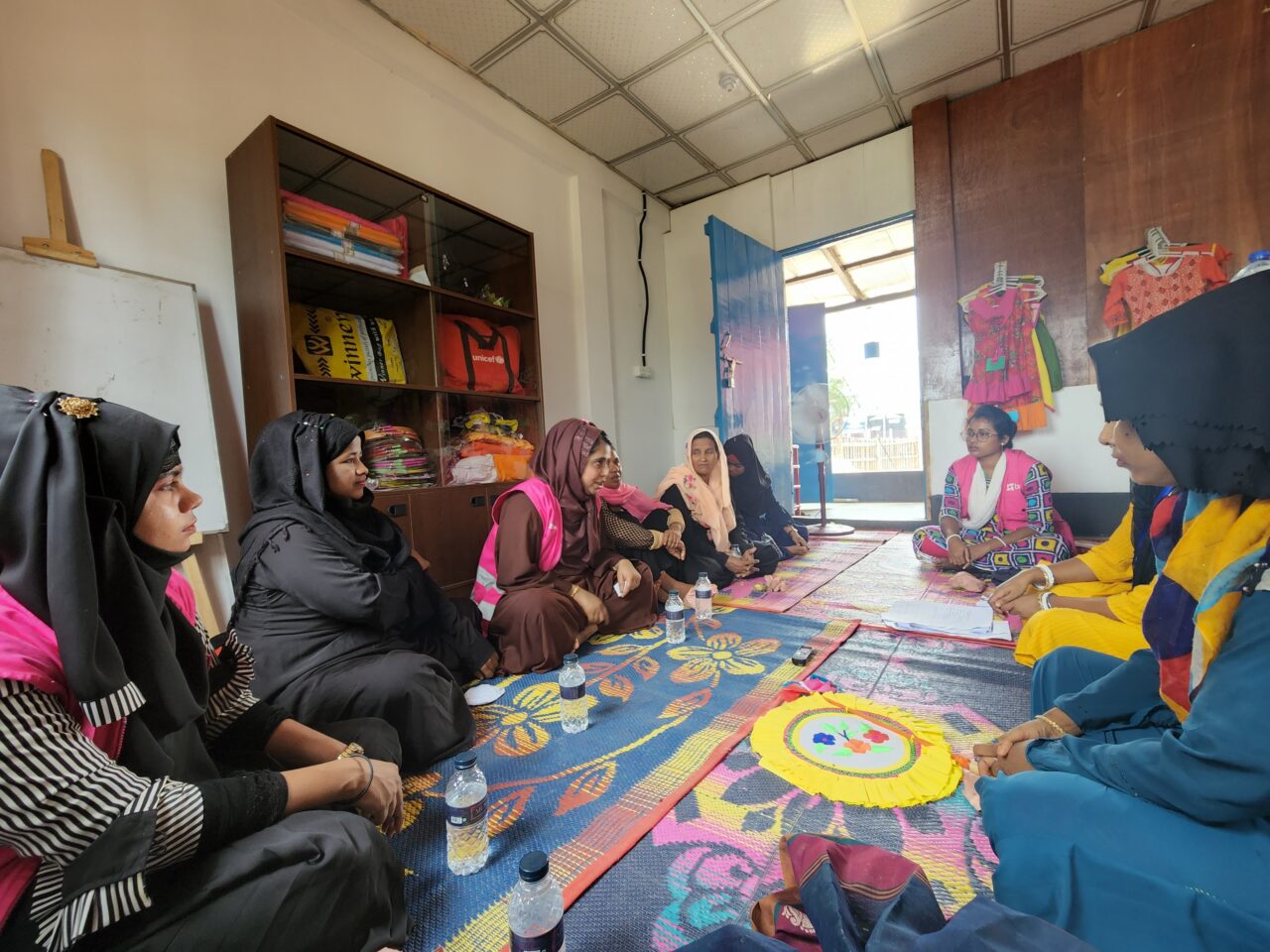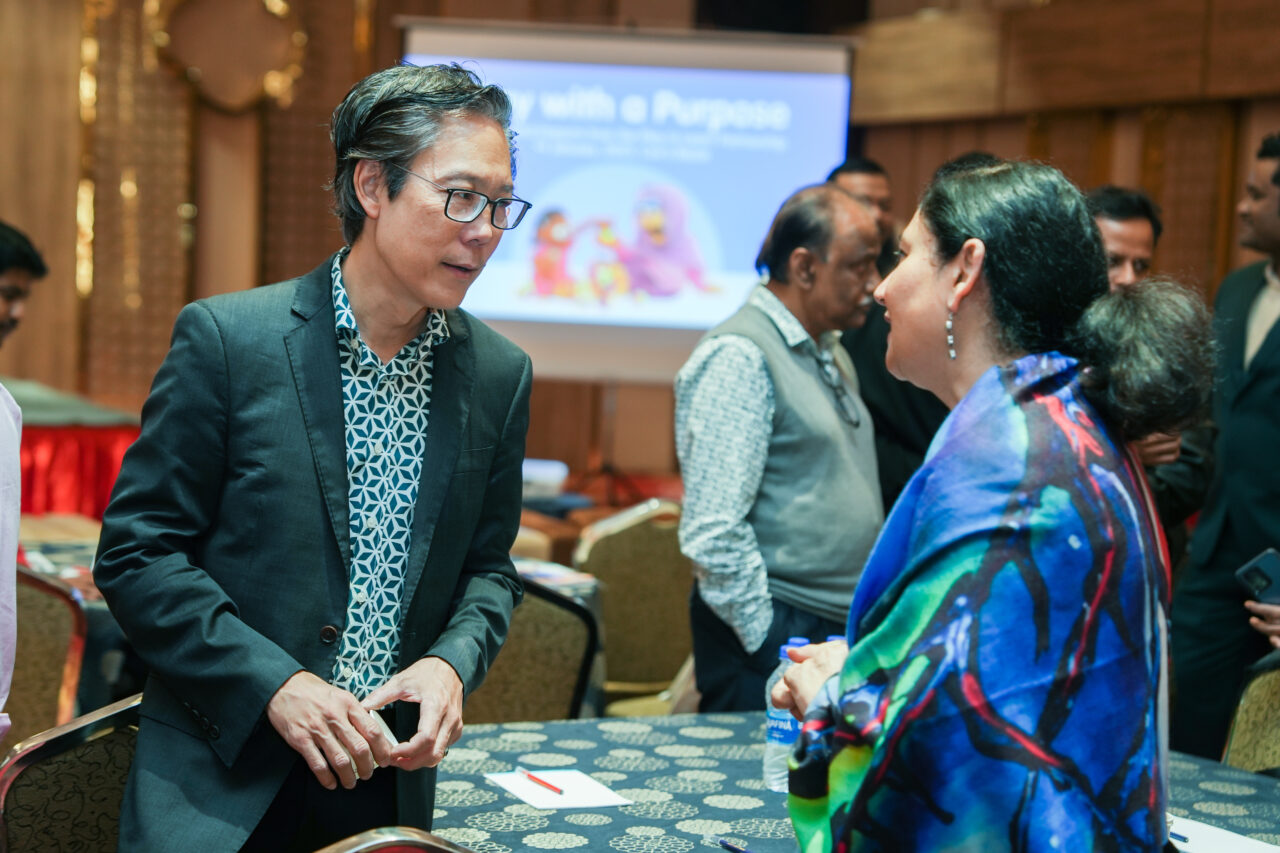Hirokazu Yoshikawa
KJJ Research Prize Laureate 2025
What is the role of active listening in shaping a scientific career?
Active listening is key in research. Understanding people’s perspectives and context helps scientists make findings that truly reflect their experiences, creating more ethical and meaningful research.
How Active Listening Can Shape a Scientific Career
For Hiro, active listening is more than a skill, it’s a foundation. While working at a crisis hotline in New York, he discovered its power both to support others and to learn deeply about human relationships. This experience shifted his focus from literature and music to psychology, eventually leading to a PhD at NYU.
Throughout his career, active listening has guided his work with mentors, scholars, policymakers, and communities, helping build trust, address real needs, and create reciprocal relationships where everyone contributes and shapes outcomes.

Hirokazu Yoshikawa
KJJ Research Prize Laureate 2025
What impact does community leadership have on research projects?
When communities take the lead, research becomes more trusted, relevant, and engaging, resulting in better outcomes.
Making research matter
Hiro believes research should meet real-world needs, not just academic questions. Giving communities a leading role shifts research from studying people to working with them, making it relevant, accurate, and impactful.
In Cox’s Bazaar, Bangladesh, Hiro and colleagues worked with the Rohingya community through participatory workshops and studies to co-design child-friendly spaces and programs, ensuring policies reflect lived realities and build trust.

Publications
Lawrence Aber
Paulette Goddard Professor of Psychology and Public Policy, NYU, USA
In what ways can mentoring be a two-way exchange?
Mentoring works best as a two-way exchange: while mentors share guidance and experience, mentees bring fresh ideas and perspectives, creating a learning relationship that benefits both.
Reciprocal Mentoring: Learning Together
Having benefited from outstanding mentors himself, Hiro is committed to giving others the same support.
He conceives scientific exchange as a two-way dialogue: while mentoring, he also learns from the methods, questions, and insights of other scholars, particularly those from the Global South, whose perspectives often challenge Western-dominated frameworks.
In this way, mentoring strengthens both sides, expands knowledge, and fosters equity in global research.
